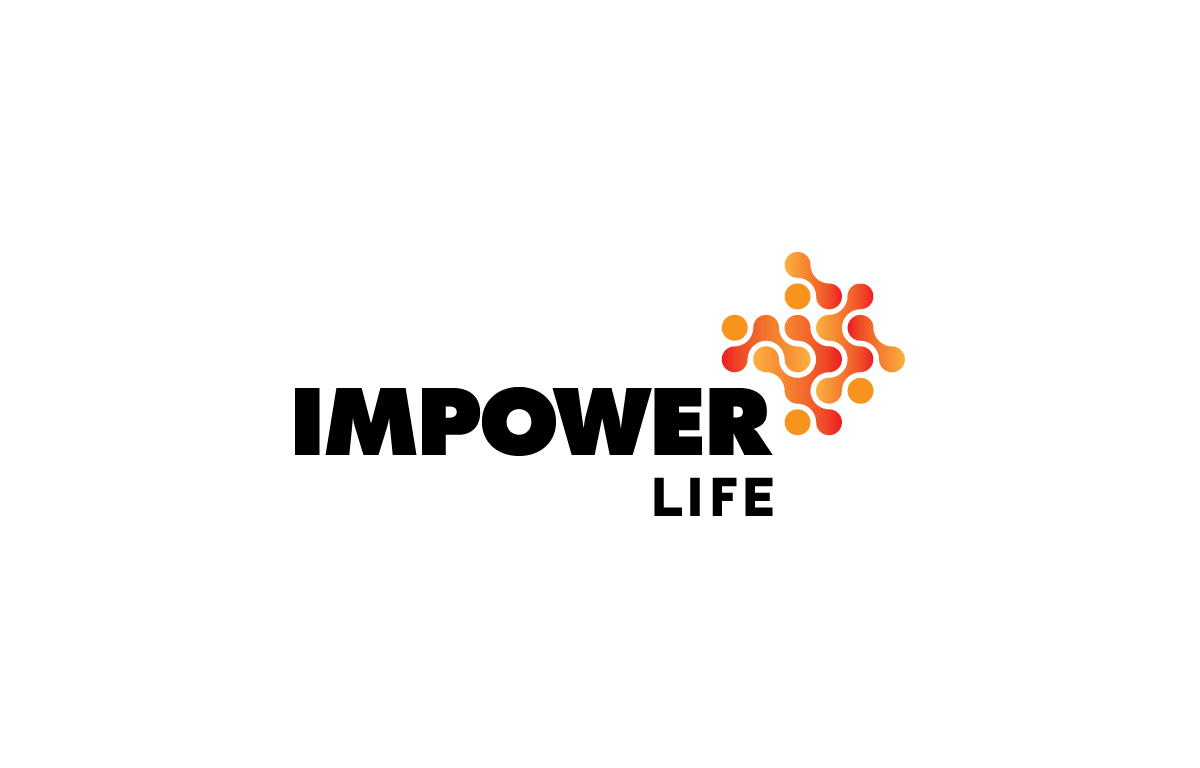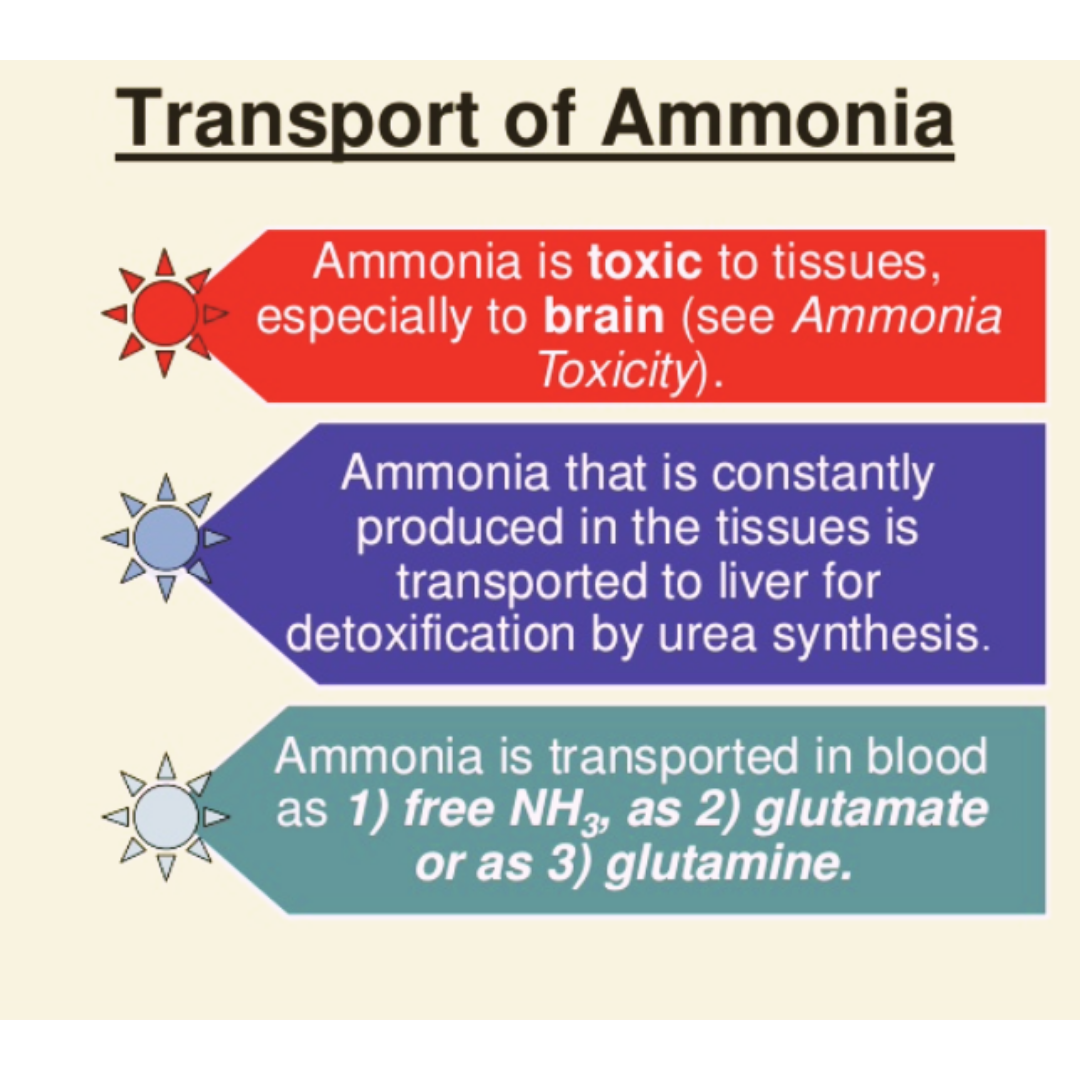Are You Wasting Up To 85% Of Your Expensive Protein?
PROTEIN and the hidden costs of breaking it down!
By now you've likely heard of high protein diets and the benefits associated with the consumption of quality proteins. You may even have several protein powders or replacements in your supplements cupboard. But what you probably haven't heard is that Ammonia is the largest byproduct of the metabolism of protein.
Ammonia in our bodies plays acritical role in both normal and abnormal animal physiology. It is biosynthesized through normal amino acid metabolism and is toxic in high concentrations. The liver’s job is to convert ammonia in the body to urea through a series of reactions known as the urea cycle. Liver dysfunction, such as that seen in cirrhosis, may lead to elevated amounts of ammonia in the blood (hyperammonemia).
You’re probably asking why this is important to you, right?
If you are conscious of your health, athletic performance or recovery, you know how important protein is for the body and all of its daily functions. Read my last blog here and you’ll learn how crucial your liver is to maintaining health and driving recovery.
Well, most ammonia in the body forms when protein is broken down by bacteria in the intestines.
Often when people consume excess protein, the ammonia formed as a by-product of protein metabolism cannot be eliminated through urine. So it is lost in sweat. If your sweat has an ammonia odor, your protein intake may be higher than your body needs. In healthy people, the body will employ protective mechanisms so that ammonia doesn’t build up to toxic levels. The rate that food leaves the stomach slows as a way to try to protect the body from ammonia overload. That’s why very high protein intake can sometimes make people feel nauseated.
Additionally, staying hydrated is a challenge for many athletes, and an excessive amount of protein intake requires fluid to break down amino acids and rid the body of nitrogen. The excess nitrogen may also be incorporated into urea, or ammonia, both of which are excreted in the urine. In order to eliminate these, water is needed, so a high protein intake can result in excess fluid loss.If protein is consumed too close to practice, there is an increased demand for oxygen by working muscles and organs that process protein. In research published in the British Journal of Sports Medicine (Wiles, 1991), subjects thought the exercise was harder one hour after having a high-protein meal compared with those having only water; their Rate of Perceived Exertion (RPE) was higher. If your protein intake is very high, it is also likely that you are not taking in adequate carbohydrate, which will negatively affect performance. As is the case with many nutrients, too much of one can displace enough of another and cause imbalances. Power athletes can handle a lower percentage of calories coming from carbohydrate (as low as 42 percent, perhaps, although not necessarily ideal); however, some power athletes eat protein almost exclusively.
The main point is that while athletes do need more protein than inactive people, excessive amounts can hurt performance, and when breaking down whole proteins you create a significant ammonia load - double whammy.
Additionally, staying hydrated is a challenge for many athletes, and an excessive amount of protein intake requires fluid to break down amino acids and rid the body of nitrogen. The excess nitrogen may also be incorporated into urea, or ammonia, both of which are excreted in the urine. In order to eliminate these, water is needed, so a high protein intake can result in excess fluid loss.
Ammonia levels in the blood rise dramatically when the liver is not able to convert ammonia to urea. This may be caused by cirrhosis or severe hepatitis – caused by disease or lifestyle choices like too much alcohol consumption or environmental damage/injury.
The bloodstream moves the urea to your kidneys where it is eliminated in your urine. Ammonia will build up in your body if you can't get rid of urea – like if you have kidney or liver health issues.
If ammonia accumulates in the blood, it can cross the blood-brain barrier and result in devastating neurological disorders. Considering you are your brain, it is important to protect it.
Symptoms may include:
· Irritability
· Depression
· Drowsiness
· Difficulty with word-finding
· Poor short-term memory
· Poor concentration
· Confusion and disorientation
· Insomnia
How does consuming high quality amino acids like those in AMINO PRO® help you reduce ammonia in the body and prevent toxicity?
Amino acids are basically predigested protein, or the building blocks of protein, meaning they are ready to be absorbed. They do not need to be broken down and hence they create no additional ammonia load for the body.
Reduce ammonia in the body – AMINO PRO® does not need to be broken down
Reduce stress on the digestive system because they do not need to be broken down or create ammonia
Provide the protein the liver needs to remove toxins and hormones that can be holding back your training recovery, weight loss or health
Supports the kidneys to remove toxins by reducing the amount of urea to be removed
Contribute to improved digestion, absorption of nutrients, sleep quality, healing, skin and hair quality, libido, energy, mental clarity and more.
I still recommend whole food but as a 110 kg /240 lbs. man, I need between 150-200g of protein every day for optimal health.
I can get about 80-100g in food and another 80-100g in aminos. To get the equivalent of 80-100g of whole food protein in amino only requires 20-30g of AMINO PRO®, why?
Because of the bioavailability or Net Nitrogen Utilization of each type of protein when compared to AMINO PRO® you can see why using AMINO PRO® means almost no ammonia and nearly 100% utilization when used as a protein supplement in your diet.
Egg = 48% NNU / 52% Ammonia waste
Whole dairy = 30% NNU / 70% Ammonia waste
Fish, Meat, Poultry = 25% NNU / 75% Ammonia waste
Plant proteins, Egg whites, Whey, Casein = 17% NNU / 83% Ammonia waste
AMINO PRO® =99% NNU / <1% Ammonia waste
I travel extensively and use AMINO PRO® for my protein every day but am especially grateful for AMINO PRO® during those days on the road. I find it easy to get quality carbohydrates but not quality protein.
Sickness and digestive issues are common when you travel to interesting places like Africa, Central America and the Middle East. I trust Amino Pro® because the unique formula of amino acids is easy on my digestion, doesn't add any ammonia load, and my body can use those resources to focus on healing.
For these reasons I use AMINO PRO® every day as either a protein supplement or a replacement. This ensures I get sufficient protein every day depending on my goals and requirements.





